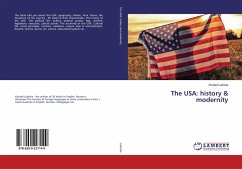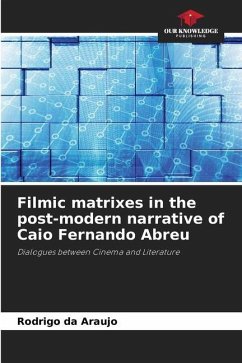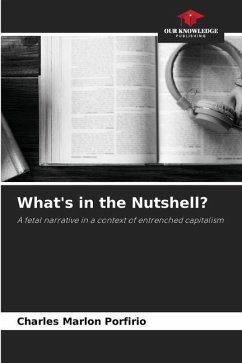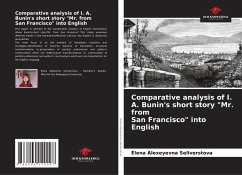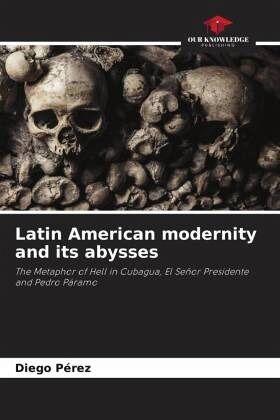
Latin American modernity and its abysses
The Metaphor of Hell in Cubagua, El Señor Presidente and Pedro Páramo
Versandkostenfrei!
Versandfertig in 6-10 Tagen
60,99 €
inkl. MwSt.

PAYBACK Punkte
30 °P sammeln!
This book deals with the metaphorical presence of hell in three Hispanic American novels of the twentieth century: Cubagua, El Señor Presidente and Pedro Páramo. The problem addressed stems from the need to interpret the use of this metaphor in the context of the discursive processes articulated in contemporary novels in the face of capitalist modernity. It is argued that hell is used metaphorically to critically unveil the sinister aspects of the modernizing processes that developed between the 1930s and 1950s in Latin America. Through this aesthetic-rhetorical resource, it is denounced tha...
This book deals with the metaphorical presence of hell in three Hispanic American novels of the twentieth century: Cubagua, El Señor Presidente and Pedro Páramo. The problem addressed stems from the need to interpret the use of this metaphor in the context of the discursive processes articulated in contemporary novels in the face of capitalist modernity. It is argued that hell is used metaphorically to critically unveil the sinister aspects of the modernizing processes that developed between the 1930s and 1950s in Latin America. Through this aesthetic-rhetorical resource, it is denounced that modernity, far from fulfilling the promise of individual and collective emancipation, generated conditions of political, social and economic subjugation that implied the exploitation, suffering and marginalization of vast social groups. In this sense, what the trope in question privileges is the conception of the barracks as the place of exclusion par excellence, the area where those individuals who hinder the consolidation of a certain order that is imposed authoritatively and violently are punished with torments that are cyclically repeated.







